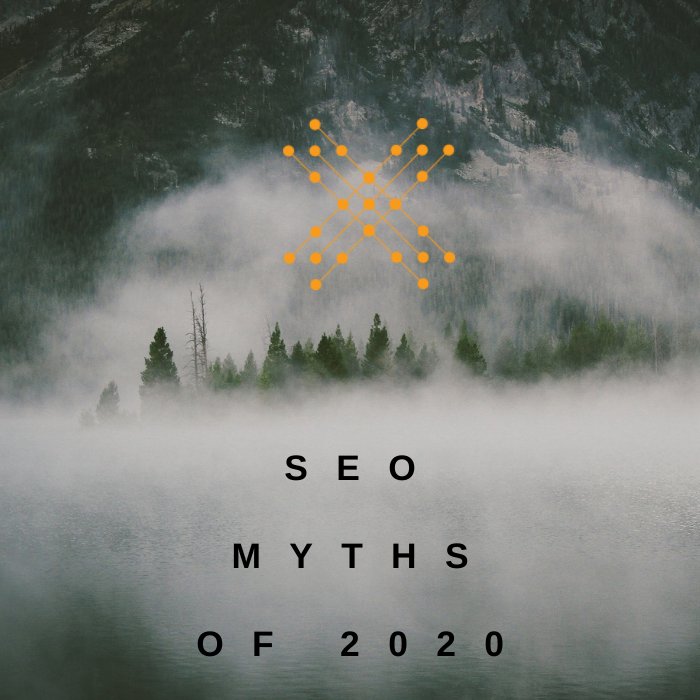


Some myths just don’t die. Here are three of them.
Today, we’re going to debunk three of the most pervasive myths in SEO in 2020. These are commonly-held beliefs that, though once may have held some water, hold none now. If not outright dangerous, they’re at least useless. So let’s break them down and lay them to rest. For good.
Besides content, backlinks are the most important part of SEO. They show expertise, build authority, and help earn Google’s trust (E-A-T, for short). Bottom line: Any hard-hitting SEO strategy needs to include a link-building strategy.
So why the myth? Backlinks are good, but some backlinks are better than others. Generally, you want to aim for high-quality backlinks from authoritative websites relevant to your domain. If you have a hodgepodge of backlinks from random websites—or all your backlinks are coming from a single host—that will look mighty fishy from Google’s perspective. Get backlinks, but don’t get them from a sketchy source.
Your content needs to be optimized so that it is searchable, navigable, and relevant to your audience. That’s where keywords come in.
Keywords give your pages focus, direction, and substance. Writing content without them is like driving blind: You won’t know where to go or what to do. Keywords are the seeds of good content. They’re short nuggets of information that, when chosen carefully, tell you what your audience wants. A keyword strategy is not just about ranking on Google. It’s about tailoring your content to meet your audience’s needs. It’s about answering the questions they’re asking, and developing a closer digital relationship with them.
Should you stuff your pages with keywords? No. Google’s too savvy for that. Back in the day, you could simply repeat the same word over and over, signaling to Google that your page mattered even if you had nothing to say.
Those days may be gone, but keywords are still important. For you and for Google. While Google may not rely as heavily on keywords to determine search rankings as they used to, they’re still an important factor because they tell Google what the page is about. Without them, Google—like you—is going in blind.
This one’s not only wrong—it can also be dangerous. Google never needs you to submit your site. They find that content on their own by using bots that crawl and index websites automatically.
In the past, you may have received cold calls from someone claiming they can “submit” your site so it will rank on Google. Ignore them. These people are just out to get your money.
Now, are there times when you may want to submit your site? Sure. If you have added new content or revamped your website, you may want to submit an updated sitemap so Google can crawl it faster. But it’s never necessary. Send them a re-crawl request if you so wish. Just don’t ever pay someone to do it.
LinkNow Media is a leader in the SEO industry. We develop results-driven strategies to expand our clients’ reach, strengthen their online footprint, and help them grow.
To learn more about our SEO strategies, don’t hesitate to call us at 1-888-667-7186, email us, or leave a comment below.
Share: